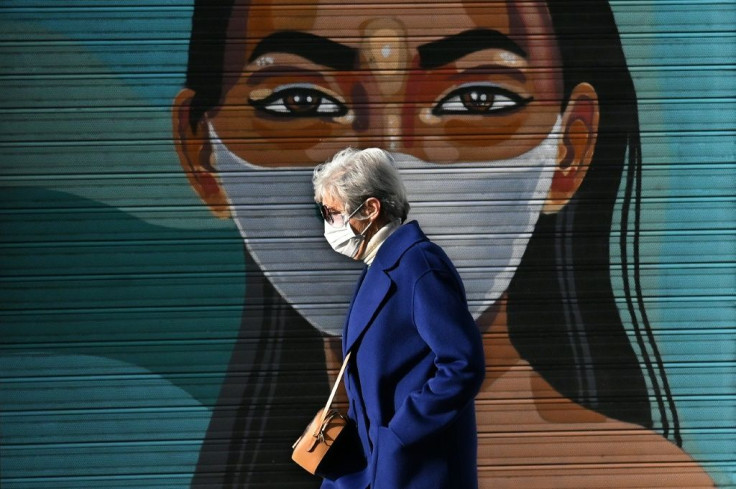Is NYC COVID-19 Variant More Severe, Dangerous Than Other Strains? CDC Answers
KEY POINTS
- The NYC variant does not appear to cause more severe infections
- The B.1.526 variant does not carry a higher risk of reinfection
- Pfizer and Moderna's COVID-19 vaccines work against the New York variant
The COVID-19 variant first detected in New York City does not appear to cause more severe infections or re-infections at a higher rate, the Centers for Disease Control and Prevention revealed in a new report Wednesday.
A new preliminary analysis by New York City health officials showed that the variant, referred to as B.1.526, does not carry an increased risk for a severe infection or infection after vaccination. However, the study’s lead author urged New Yorkers to continue observing safety protocols even as the local government lifts most of its restrictions.
“The fact that the B.1.526 and the B.1.1.7 variants are circulating widely in New York City shows that they are able to compete with other variants and continue to make up a growing share of cases,” Corinne Thompson, co-lead of the epidemiology data unit for the New York City health department, said in an email to the New York Times.
“It is critically important for New Yorkers to get vaccinated and follow public health precautions to minimize their exposure,” she added.
B.1.526, which was first detected in Nov. 2020 in Washington Heights, shares several similar mutations with the B.1.351 variant that was first detected in South Africa and appeared to be somewhat resistant to COVID-19 vaccines.
Two independent laboratory studies have found that vaccine shots developed by Pfizer/BioNTech and Moderna are only slightly less potent against the New York variant. The researchers conducted experiments with blood samples from vaccinated people.
“We’re not seeing big differences,” Michel Nussenzweig, an immunologist at Rockefeller University in New York and a member of the team from one of the studies, said.
The prevalence of the B.1.526 variant has plateaued in recent weeks. However, other variants, including the B.1.1.7 U.K. variant and P.1. Brazil variant, continue to spread. The B.1.1.7 variant has been detected through sequencing in five boroughs in New York, with the variant being more common in Southern Brooklyn, eastern Queens and Staten Island.
The Brazil variant has been detected in 500 samples from 31 states in the country, according to the CDC.

© Copyright IBTimes 2025. All rights reserved.






















